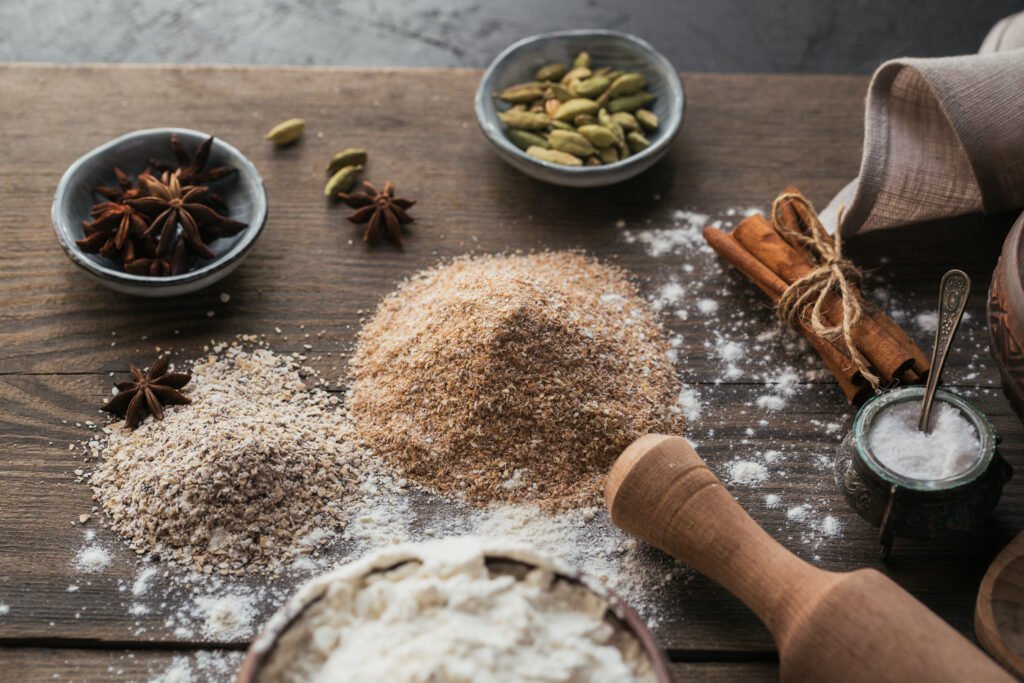In Ayurveda, Prameha refers to a group of disorders primarily related to abnormal metabolism, particularly focusing on excessive urination and issues related to blood sugar regulation. It is often compared to diabetes mellitus in modern medicine. Prameha is classified into different types based on the dominant dosha (Vata, Pitta, or Kapha) and the characteristics of the disease. Here are some of the key elements of Prameha as per Ayurvedic texts

Classification and Types of Prameha
1. Based on Doshas:
• Kapha Prameha: The most common type, associated with obesity and lethargy. Symptoms may include a sweet taste in the mouth, increased urination, and general sluggishness.
• Pitta Prameha: Associated with burning sensations, heat, and inflammation. Symptoms may include yellow or reddish urine and excessive thirst.
• Vata Prameha: Generally a more severe form, linked with emaciation, dryness, and weakness. This type is harder to manage.
2. Based on Types of Urine (Mutra): Ayurveda identifies 20 types of Prameha based on characteristics like color, consistency, and odor of urine, such as Madhumeha (sweet urine).

Causes of Prameha
Ayurvedic texts attribute Prameha to various causes, including:
• Excessive intake of sweet, heavy, and fatty foods
• Lack of physical activity
• Mental stress and exhaustion
• Genetic factors (Bijadosha)
Pathogenesis
According to Ayurveda, Prameha results from imbalances in the Kapha dosha, which lead to the accumulation of unwanted substances (Ama) in the body. This disrupts proper functioning and leads to symptoms related to metabolic disorders.
Management of Prameha
Ayurveda focuses on dietary regulation, lifestyle modification, and the use of specific herbs and formulations:
1. Diet: Avoidance of Kapha-aggravating foods, especially heavy, sweet, and oily items. Emphasis on astringent, bitter, and pungent tastes.
2. Lifestyle: Regular physical exercise is encouraged to reduce Kapha and maintain blood sugar balance.
3. Herbs and Medications:
• Guduchi (Tinospora cordifolia), Neem (Azadirachta indica), and Turmeric (Curcuma longa) are commonly used to manage Prameha.
• Triphala and Bitter melon (Momordica charantia) are also recommended for their blood-sugar-lowering effects.



